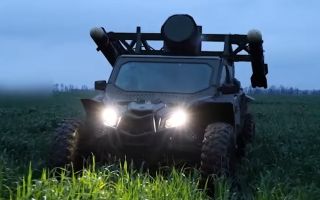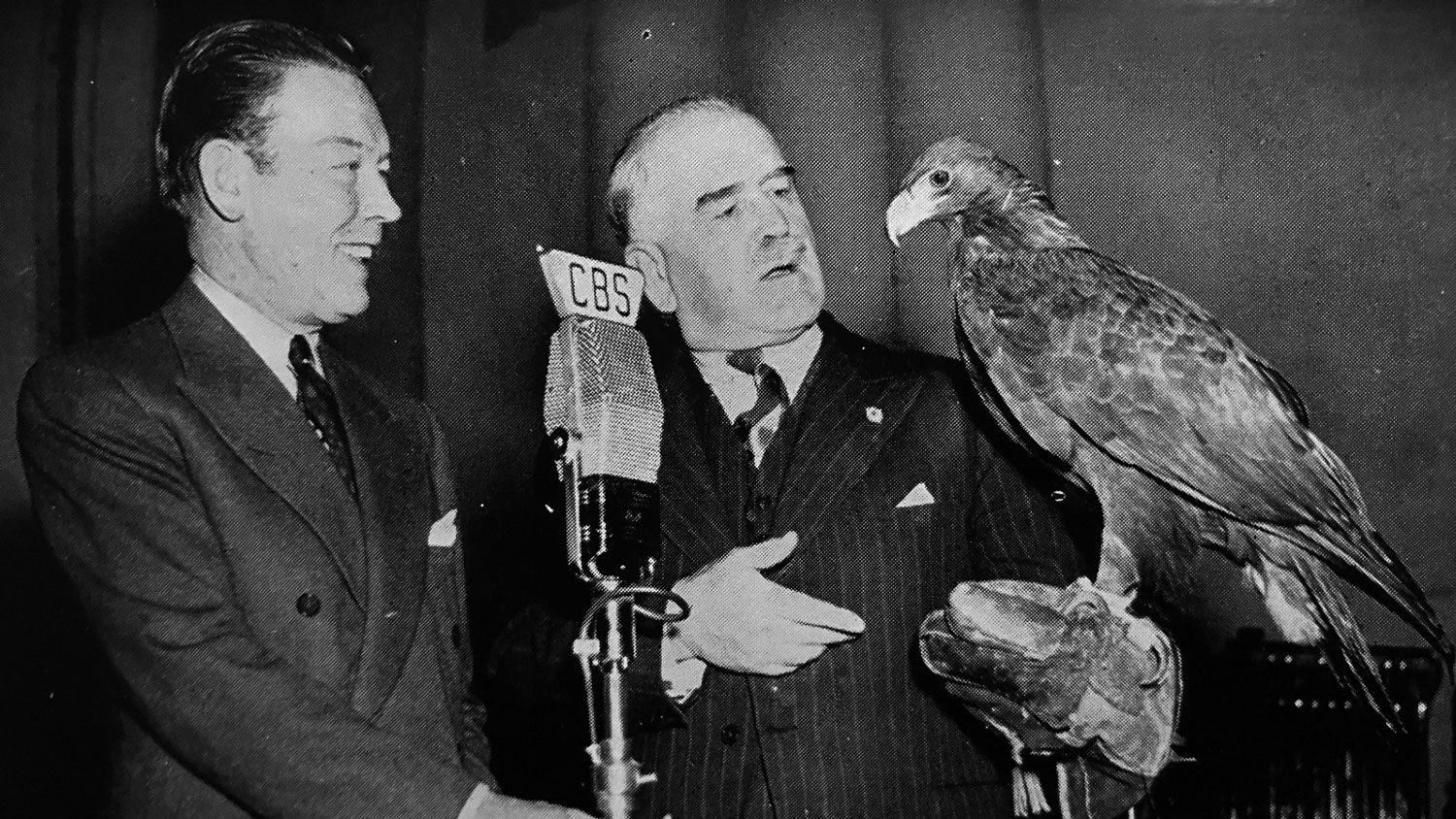
How a British veteran turned falconer foiled Nazi Germany's sneaky recruitment plans

In the years leading up the Second World War, Nazi Germany was trying to align itself with people who it felt had influence or knowledge within Allied countries.
Supporters of Hitler's nationalist vision for a German 'Aryan' race actively sought to form alliances with various groups, including politicians, the Catholic Church, individuals already sympathetic to their goals as well as members of the entertainment industry.
One person they targeted was a First World War British Army veteran who had found fame in the interwar years by entertaining Brits and Americans with the help of his showbiz partner, a golden eagle called Mr Ramshaw.
With his passion for nature, film-making and falconry, plus articles published in Country Life magazine, Captain Charles Knight was the David Attenborough or Chris Packham of his day and would tour around the American lecture circuit and Britain with birds of prey, much to the delight of audiences.
But in 1938, Capt Knight caught the attention of infamous Nazi Hermann Göring, head of the Luftwaffe (German Air Force) and Reichsjägermeister (head of the German Hunting Society).
The Nazi was also a keen falconer and had a bird of prey collection – including a pure white gyrfalcon, one of the most sought-after birds in the world – at Carinhall, his hunting estate.
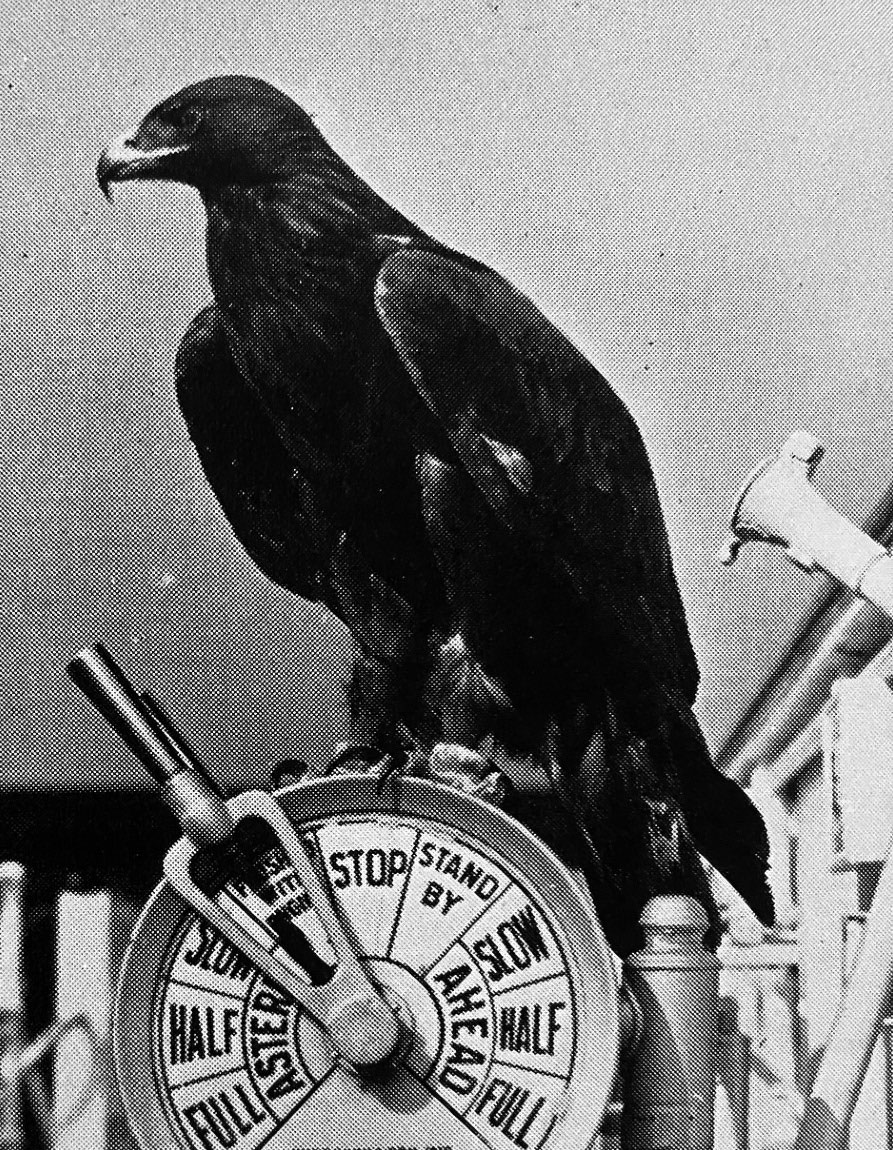
The eagle has been a symbol of German national identity since medieval times so, to continue the tradition, the Nazi party combined it with the swastika to create the Parteiadler, 'party eagle' in English.
Meanwhile, the Reichsadler, the national emblem of Nazi Germany, was the same image with the eagle facing the opposite direction – both versions became a symbol of hate.
The Nazi party's keen interest in eagles can be seen on their uniforms and one of Göring's jobs was to ensure eagles were at big party rallies.
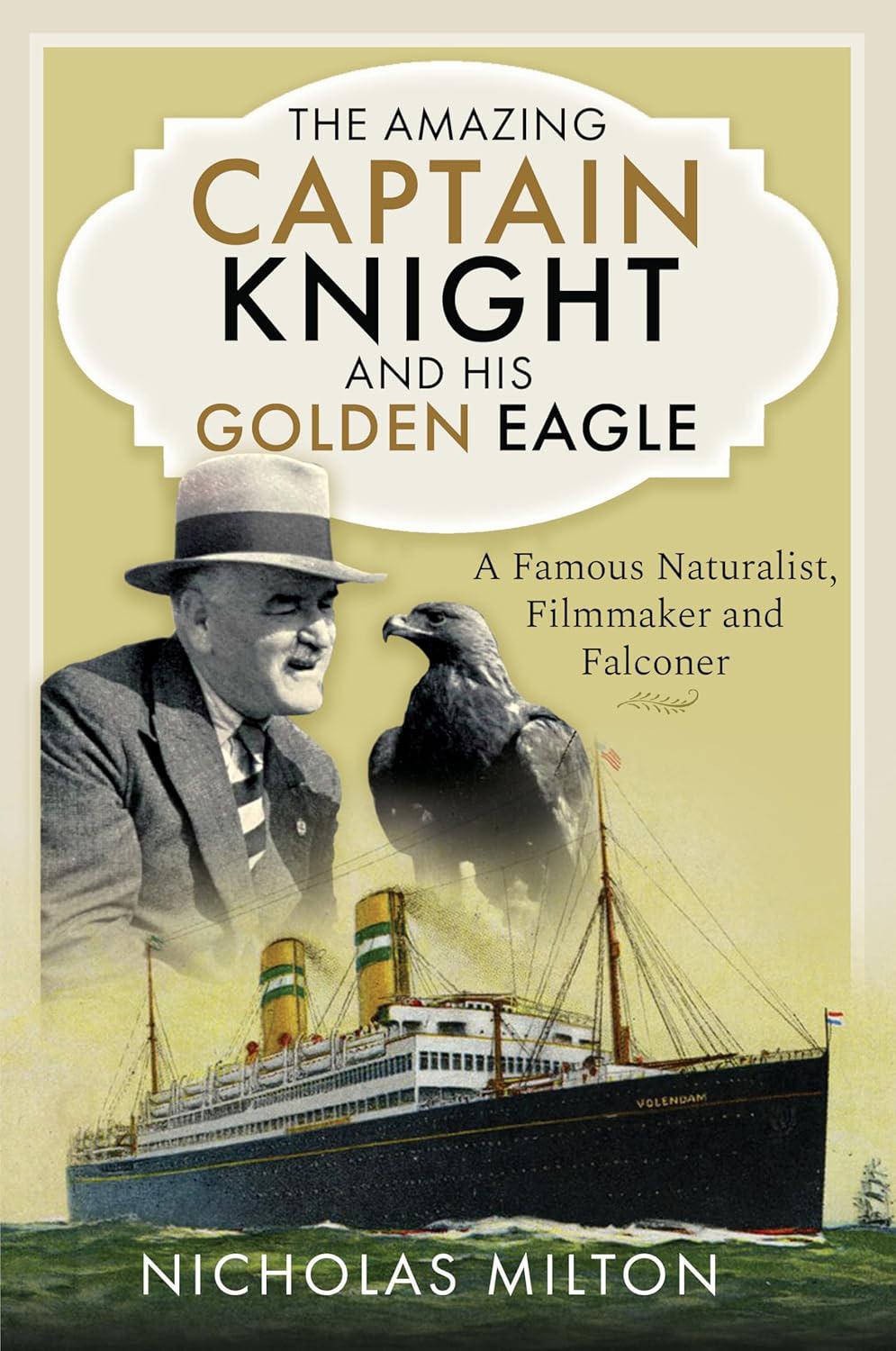
I'm fairly certain they tried to recruit him as a spy
Speaking to BFBS Forces News, Nicholas Milton, historian and author of The Amazing Life of Captain Knight and his Golden Eagle, said he believes Göring's interest in Capt Knight had an ulterior motive, saying: "[Göring] sent the top German ornithologist, Erwin Stresemann, who talked to Knight and officially invited him to Germany.
"I'm fairly certain they tried to recruit him as a spy.
"He wasn't an obvious candidate, but they were very aware that he was into his birds of prey, and this was a really good way to get to him."
Mr Milton also believes from his research that Nazi Germany took advantage of the veteran's single status – his wife had died in 1926 – and used a female spy to seduce him into talking about Prime Minister Neville Chamberlain's intentions if Germany were to invade Poland.
He said: "... he got suspicious because instead of the usual talk that you would have, she kept asking him about the military situation and about whether he thought Chamberlain would fight over Poland.
"He writes about it. He says, 'This extremely attractive woman came up to me after one of my shows and invited me out for a meal and... we both got a bit tipsy but then the talk turned to military issues'.
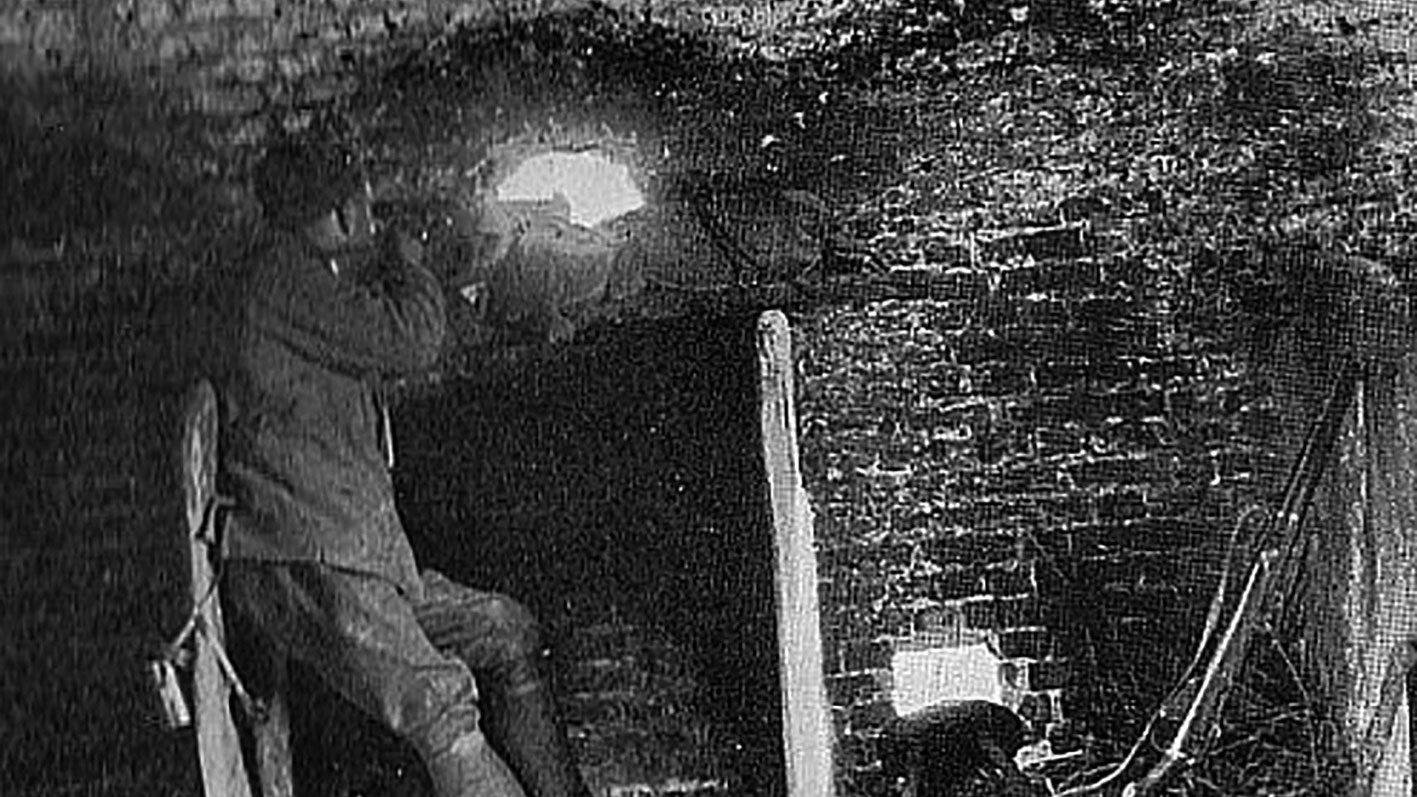
Mr Milton continues, "He'd got the Military Cross in the First World War.
"They would have assumed he was somebody who moved in certain circles and they would have also seen that he... was somebody who had influence in America [as he] was on the celebrity circuit [there]."
In the same way politicians today will align themselves with celebrities, Göring saw the value in creating a connection with the David Attenborough of his day.
But the British Army veteran who had fought against the Germans in the First World War was having none of it.
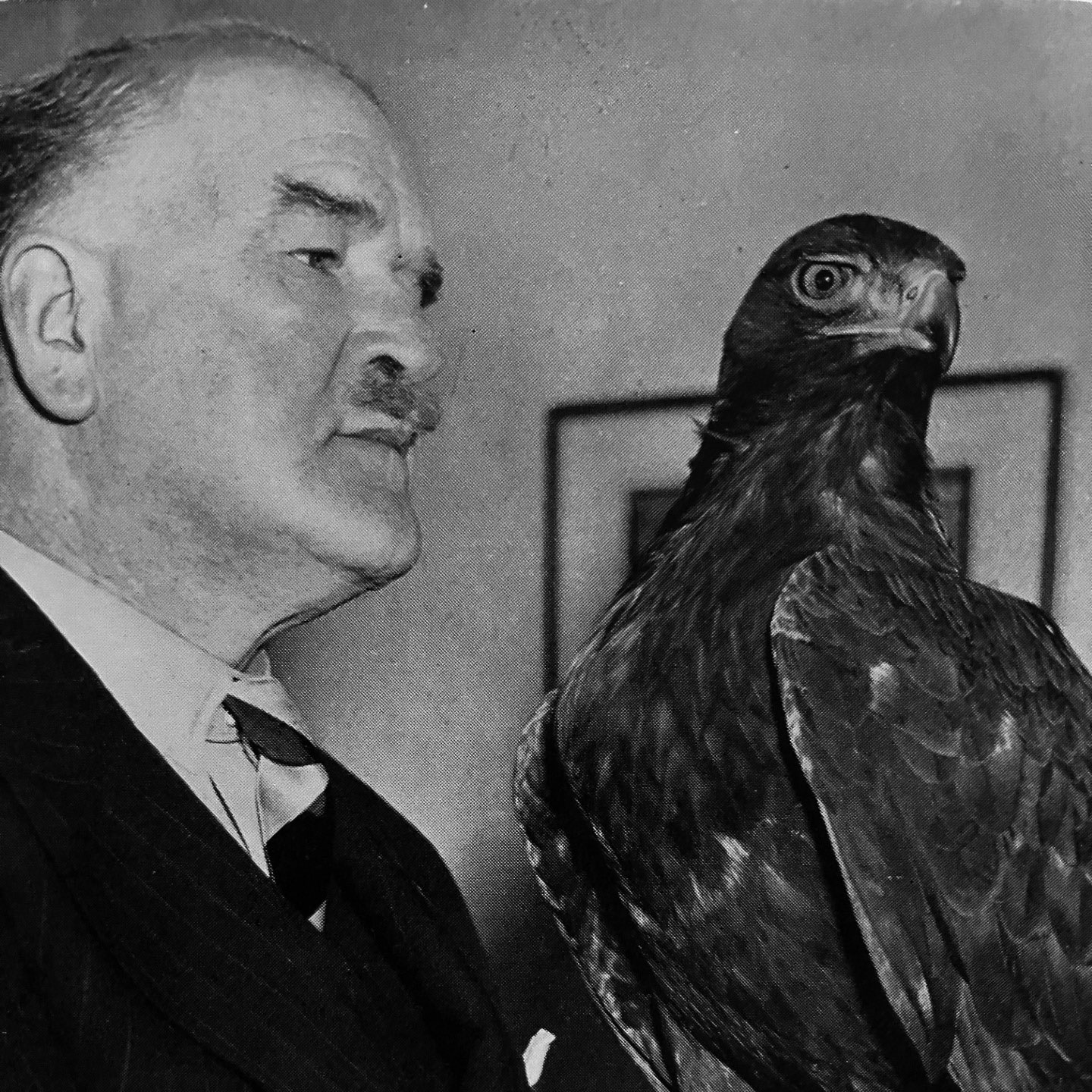
Capt Knight came home from Germany in September 1938, after Chamberlain had returned following the controversial Munich Agreement which saw the leaders of Britain, France and Italy reach an agreement to allow Germany to annex the Sudetenland, the border regions of Czechoslovakia, in return for a commitment to peace from Hitler.
Capt Knight, who never actually met Göring in person, told a friend the Germany he had seen "was in the grip of a dictator who was unlikely to be satisfied with the Sudetenland".
Mr Milton writes in his book, saying: "Knight knew deep down that Germany was a country heading inexorably towards war."
Speaking to BFBS Forces News, he added: "The Nazis had some very high-profile supporters, but Knight was never one of them."
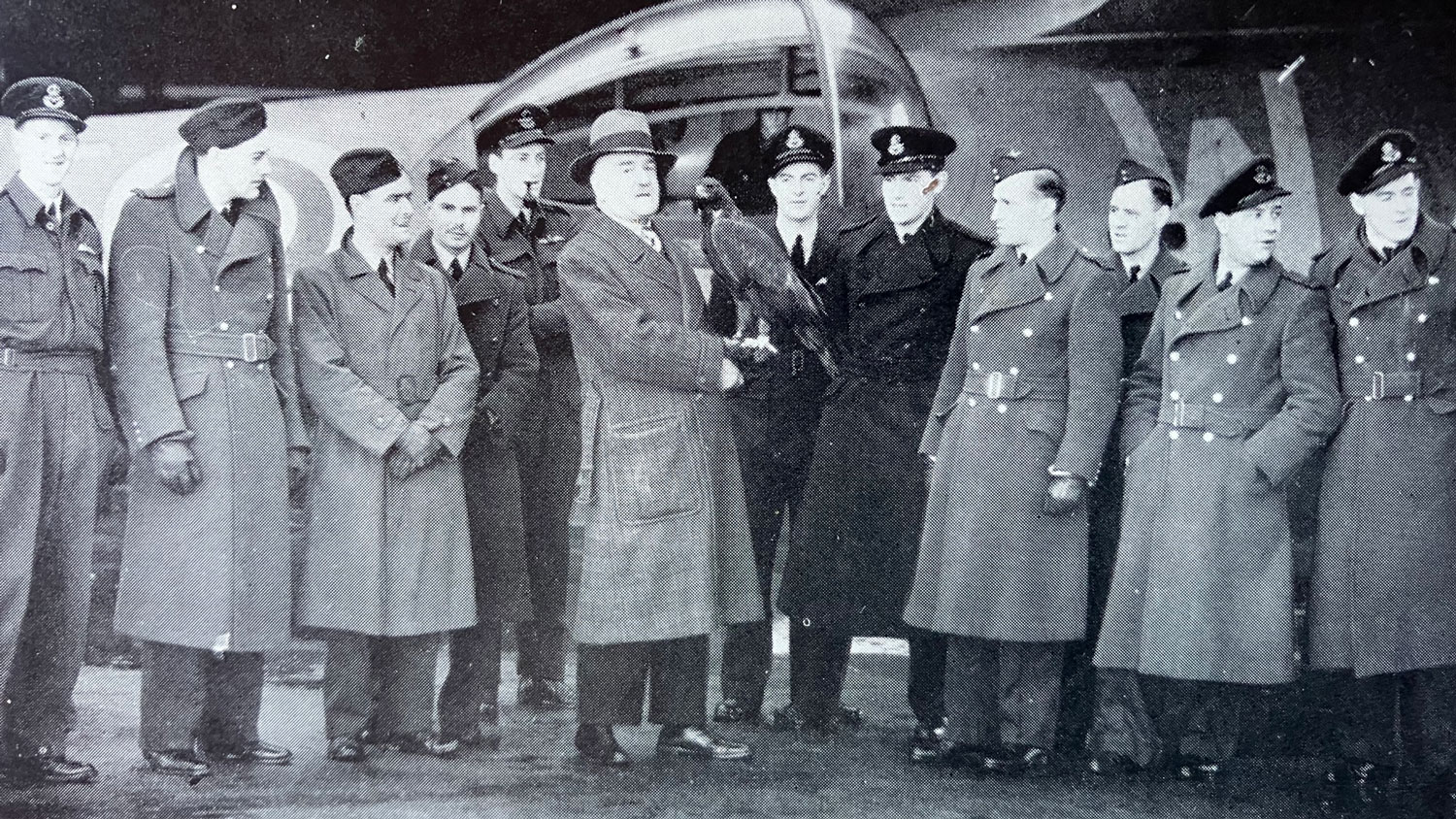
Morale boosting
Instead, Capt Knight spent the Second World War on a morale-boosting Wings For Victory tour with Mr Ramshaw.
On a treacherous night in 1940, while on board SS Volendam, a Dutch-owned transatlantic liner, to entertain evacuees and civilians, the veteran and his feathered friend somehow survived a torpedo attack while at sea in the Atlantic.
His time with service personnel was often filled with military banter, such as soldiers telling their commanding officer a "fantastic looking bird" was in the mess, only for him to discover they were referring to Mr Ramshaw and not a beautiful lady.
Sometimes Mr Ramshaw would take a dislike to someone and rip bits of their uniform off with his beak, something that inspired a slapstick film Capt Knight made to entertain the troops.
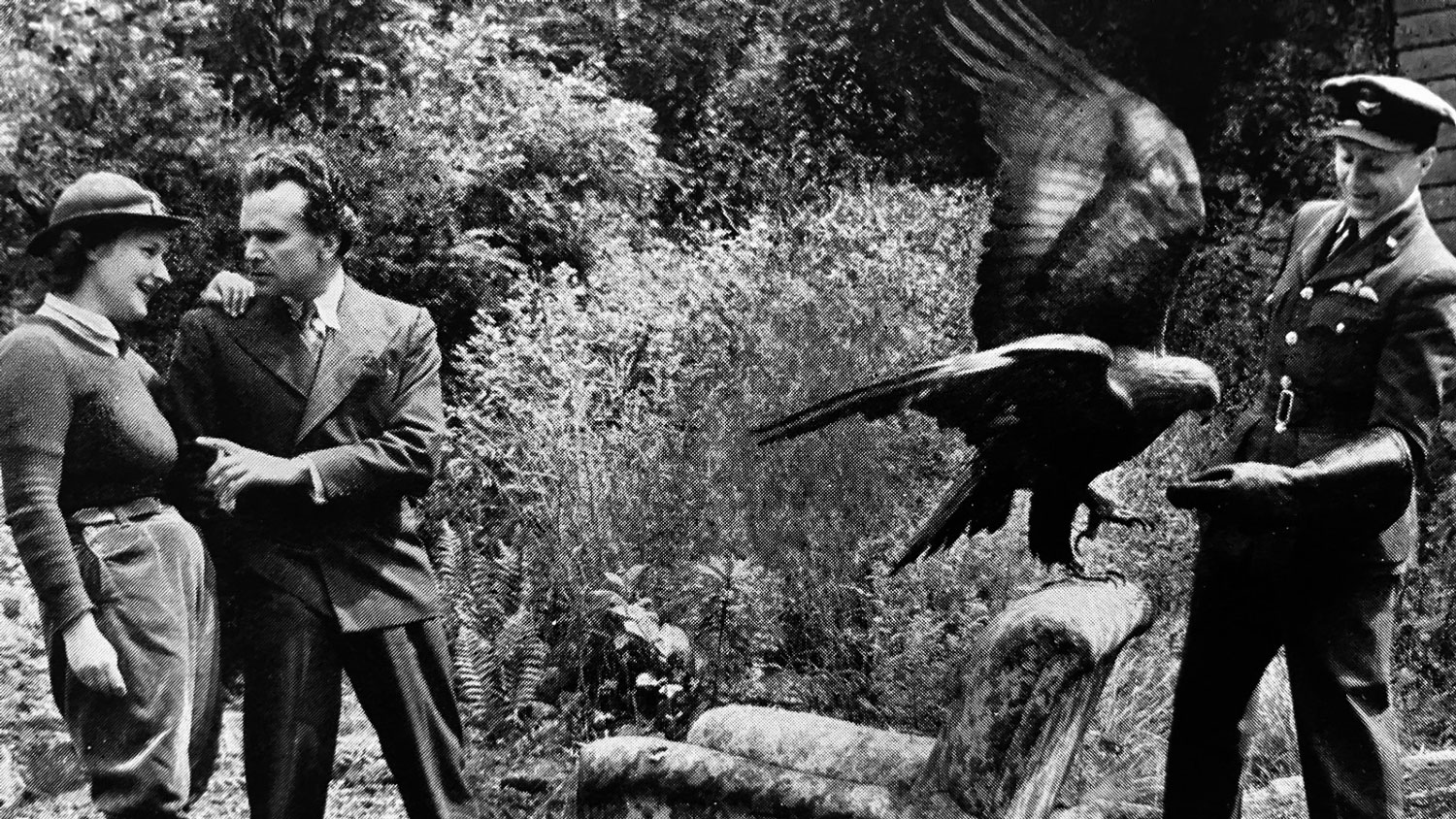
The veteran was a big fan of Charlie Chaplin and Laurel and Hardy and so decided to create a film showing Mr Ramshaw tearing the trousers off Hitler.
Mr Milton said: "So he does some filming with the RAF... and he said he had huge problems getting anybody who would play the part of Hitler, funnily enough.
"In the end, he got this sergeant who did comedy sketches as Hitler and then literally he stuffed some quarry down his pants and filmed the eagle coming along and tearing the pants off this 'Hitler'.
"Before that, it had all been natural history films, the sort of films that David Attenborough or Chris Packham would make these days.
"In wartime, it had to be much more around maintaining morale and... making people forget a bit about the war."

